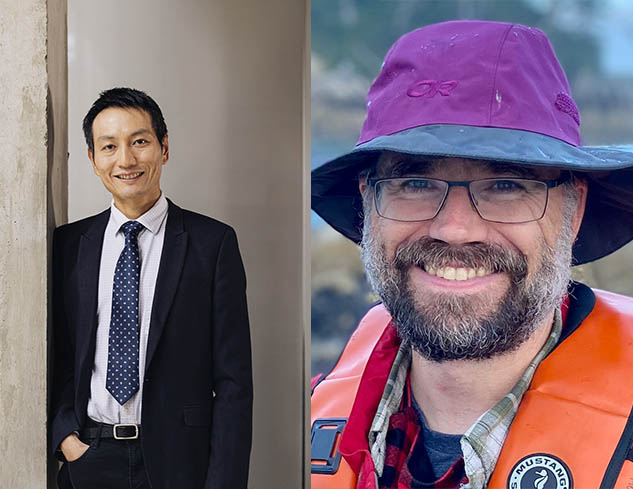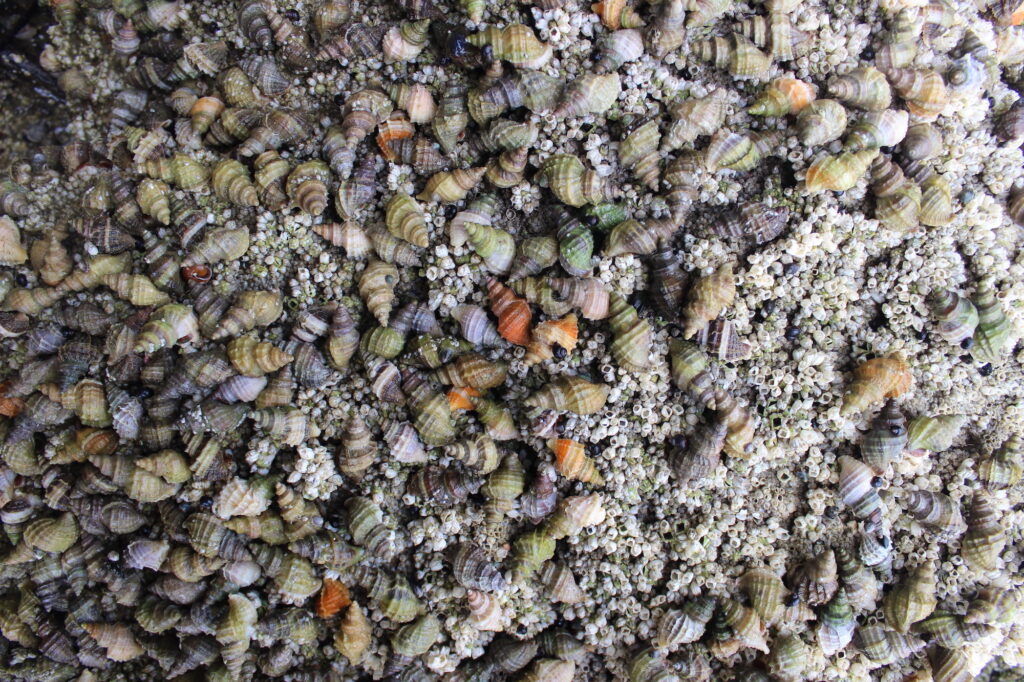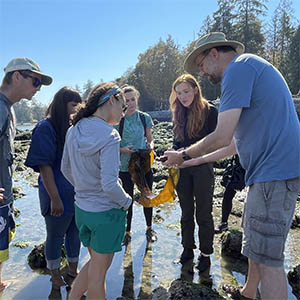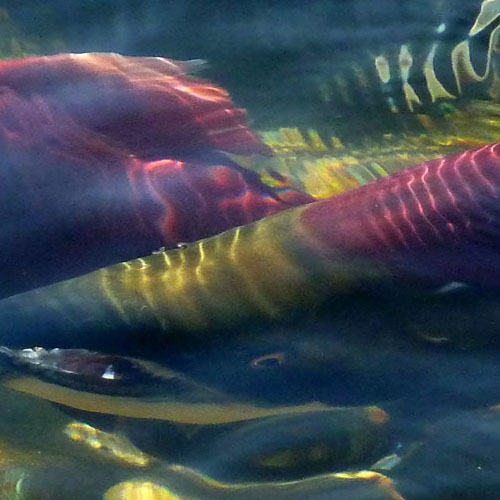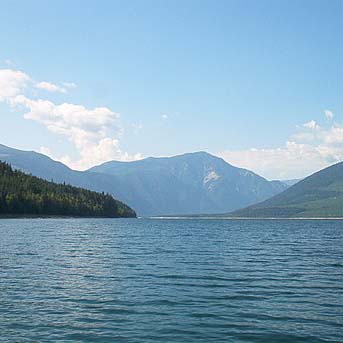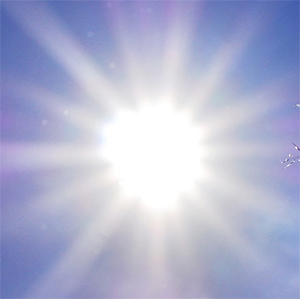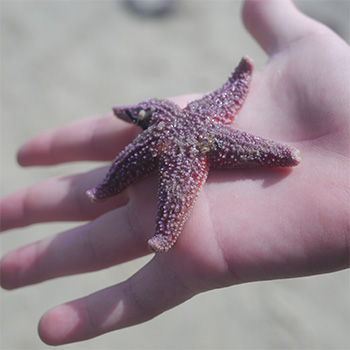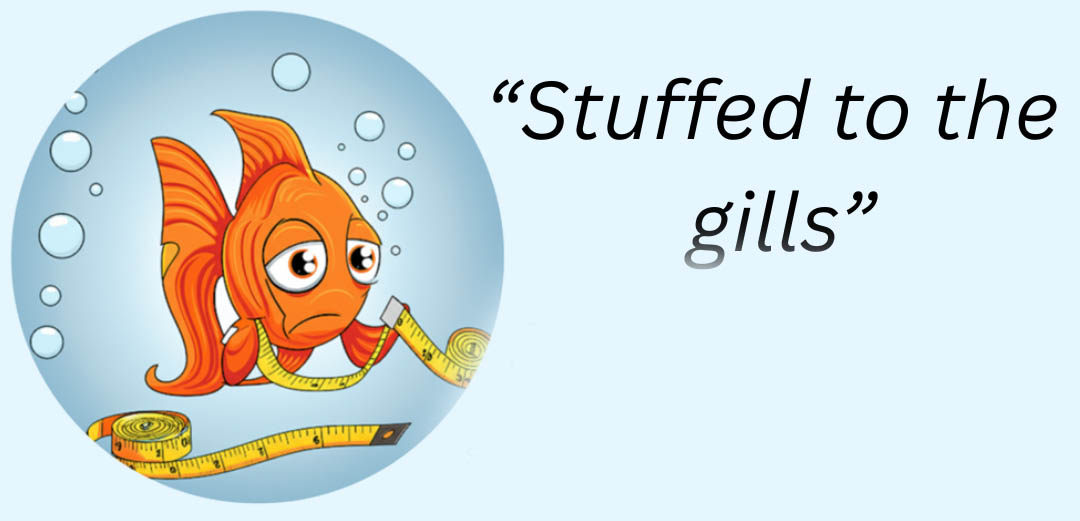
|
Professor
Department of Zoology
Institute for the Oceans and Fisheries
Research Unit
The Harley Lab: Coastal marine ecology and the impacts of climate change
|
Contact Information
Email: c.harley@oceans.ubc.ca
Office location: Biodiversity Research Centre, room 120
Office phone: 604-827-3431
Websites: Biography, Harley Lab
Research Interests
Dr Harley studies the impact of climate change on nearshore marine environments, with an emphasis on benthic (bottom-dwelling) plants and animals. His lab is interested in how climatic factors, such as temperature, pH, and salinity interact with biological relationships such as predation and facilitation to create ecological patterns in time and space.
Teaching
BIOL 230 Fundamentals of Ecology
BIOL 326 Experimental Biology of Invertebrates
Publications
Google Scholar
Related stories:
The Sentinels of Change Alliance shows what’s possible when collaboration is a foundation, not an add-on
In honour of World Ocean Day, we present OCEAN IDIOMS!
Dr. William Cheung's Canada Research Chair in Ocean Sustainability and Global Change (Tier II) was renewed for another five years. Dr. Chris Harley's Sentinels of Changes project was funded.
The frilled dog winkle may sound like a complex knot for a tie, but this local sea snail holds clues to our warmer future, including a dire outlook for species that can’t move, adapt, or acclimate as fast as their environment heats up.
They saw sea stars down by the seashore...
On Saturday, September 10th, IOF community members met coastal ecology expert, Dr. Christopher Harley, to take advantage of the receding waters and tour one of the intertidal zones at Stanley Park.
The sockeye population has been in decline for a century - since 1913, returns in the Skeena River have dropped by 75% - and while there are many factors at play, says Dr. William Cheung, “climate change is definitely one of them.”
In the face of declining fish stocks like sockeye salmon, marine heatwaves and massive coastal die-offs, it can sometimes feel as though protecting our ocean ecosystems is a hopeless task. But there are things we can do.
We brought together leading experts in climatology, oceanography, aquatic ecology, and fisheries to share their knowledge about heatwaves and their impacts on biodiversity and dependent human communities.
Dr. Christopher Harley was co-author on a recent study looking at sea star wasting disease (SSWD). He discusses the impact on the British Columbia coastline.


